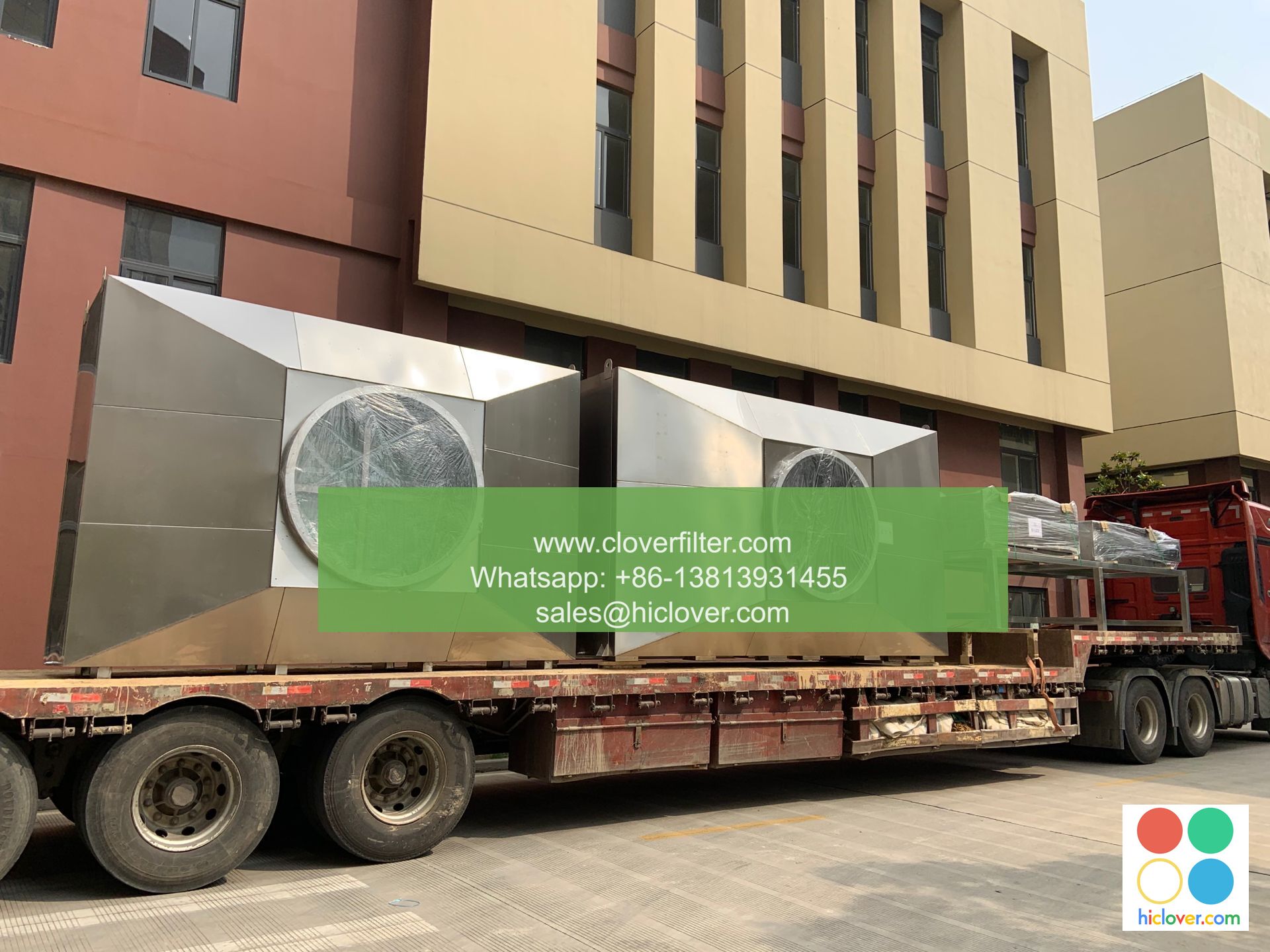Best Practices for Air Filter Track Order in Residential and Commercial Settings

Proper air filter maintenance is crucial for maintaining indoor air quality and ensuring the efficient operation of heating, ventilation, and air conditioning (HVAC) systems in both residential and commercial settings. One often overlooked aspect of air filter maintenance is the tracking of air filter orders. In this article, we will explore the best practices for air filter track order, highlighting various application areas and key benefits of effective air filter management.
Importance of Air Filter Track Order
Air filters play a critical role in removing particulate matter, pollutants, and allergens from the air, improving indoor air quality and contributing to a healthier environment. However, dirty or clogged air filters can lead to reduced HVAC system efficiency, increased energy consumption, and premature system failure. By tracking air filter orders, building owners and facilities managers can ensure that air filters are replaced regularly, maintaining optimal air flow and system performance.
Best Practices for Air Filter Track Order
To maintain an effective air filter track order system, follow these best practices:
* Implement a regular replacement schedule: Set a schedule for replacing air filters based on the manufacturer’s recommendations and usage patterns.
* Use a tracking system: Utilize a spreadsheet, calendar, or facility management software to track air filter orders, replacements, and maintenance activities.
* Monitor air filter condition: Regularly inspect air filters for signs of wear and tear, damage, or excessive dirt buildup.
* Keep accurate records: Maintain detailed records of air filter replacements, including date, time, and type of filter replaced.
Application Areas for Air Filter Track Order
Effective air filter track order is essential in various application areas, including:
* Residential settings: Single-family homes, apartments, and condominiums can benefit from regular air filter replacement to maintain good indoor air quality and comfort.
* Commercial settings: Office buildings, retail spaces, and industrial facilities require well-maintained air filters to ensure optimal system performance and employee health.
* Healthcare facilities: Hospitals, clinics, and nursing homes must maintain high standards of indoor air quality to prevent the spread of infections and ensure patient safety.
* Industrial processes: Manufacturing facilities, clean rooms, and laboratories rely on high-quality air filtration systems to maintain process integrity and product quality.
Conclusion
In conclusion, effective air filter track order is crucial for maintaining good indoor air quality, optimal system performance, and energy efficiency in both residential and commercial settings. By implementing a regular replacement schedule, using a tracking system, monitoring air filter condition, and keeping accurate records, building owners and facilities managers can ensure that air filters are replaced regularly, maintaining a healthy and comfortable environment for occupants. Remember to highlight the importance of air filter track order in various application areas and key benefits of effective air filter management to maximize the benefits of a well-maintained air filtration system. It looks like you didn’t include a prompt for me to respond to. Could you please provide more details or ask a question? I’ll do my best to help!

